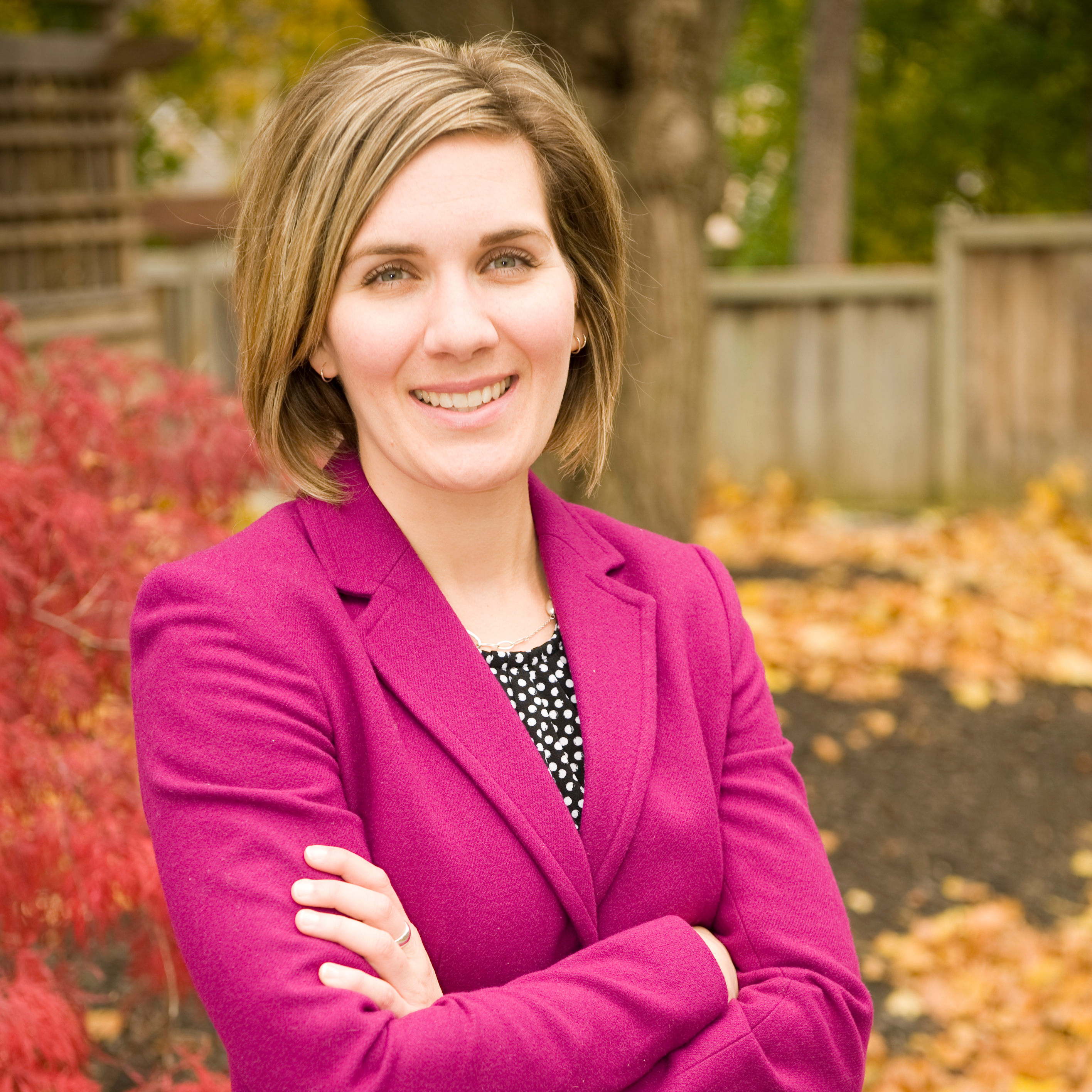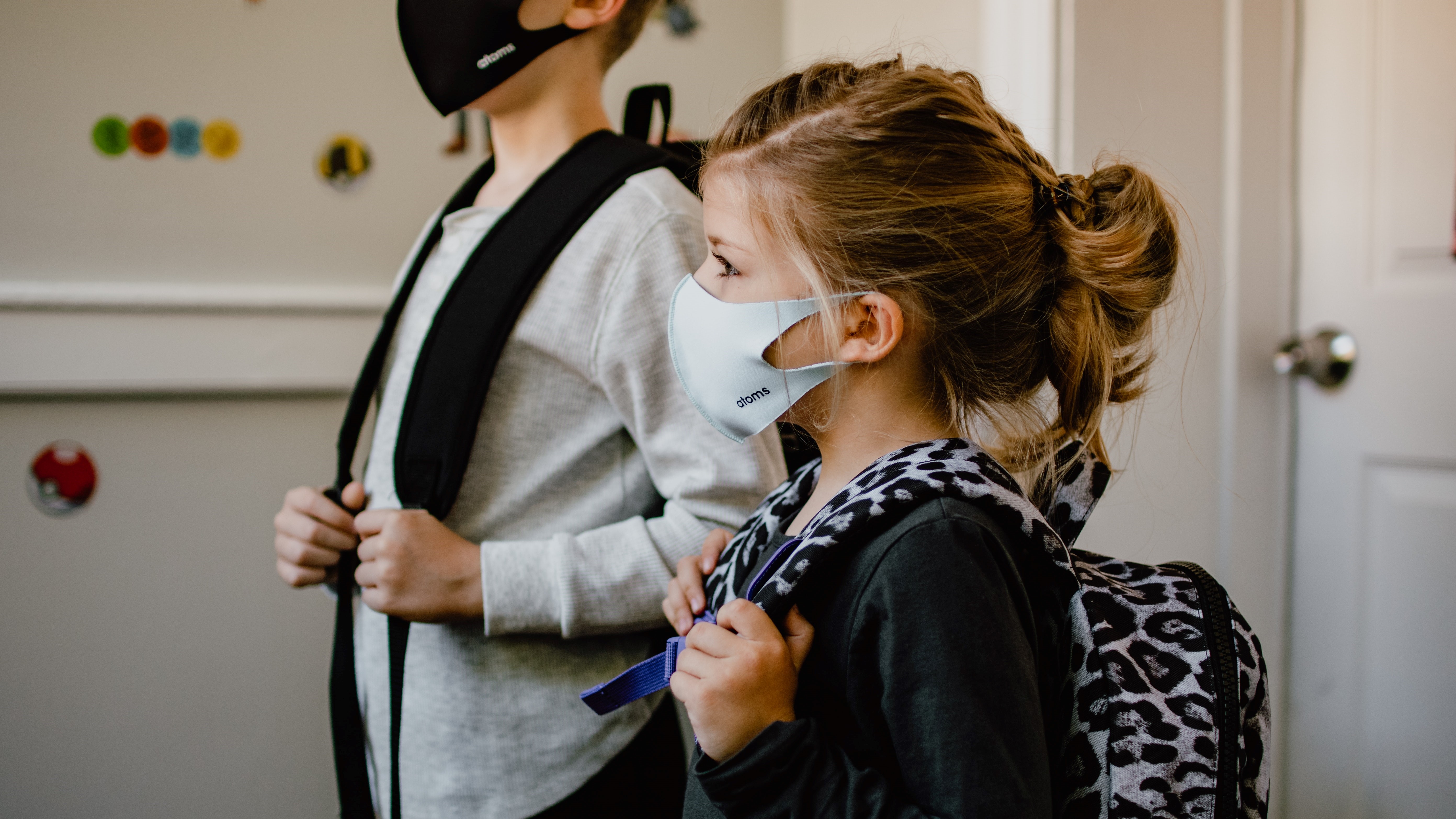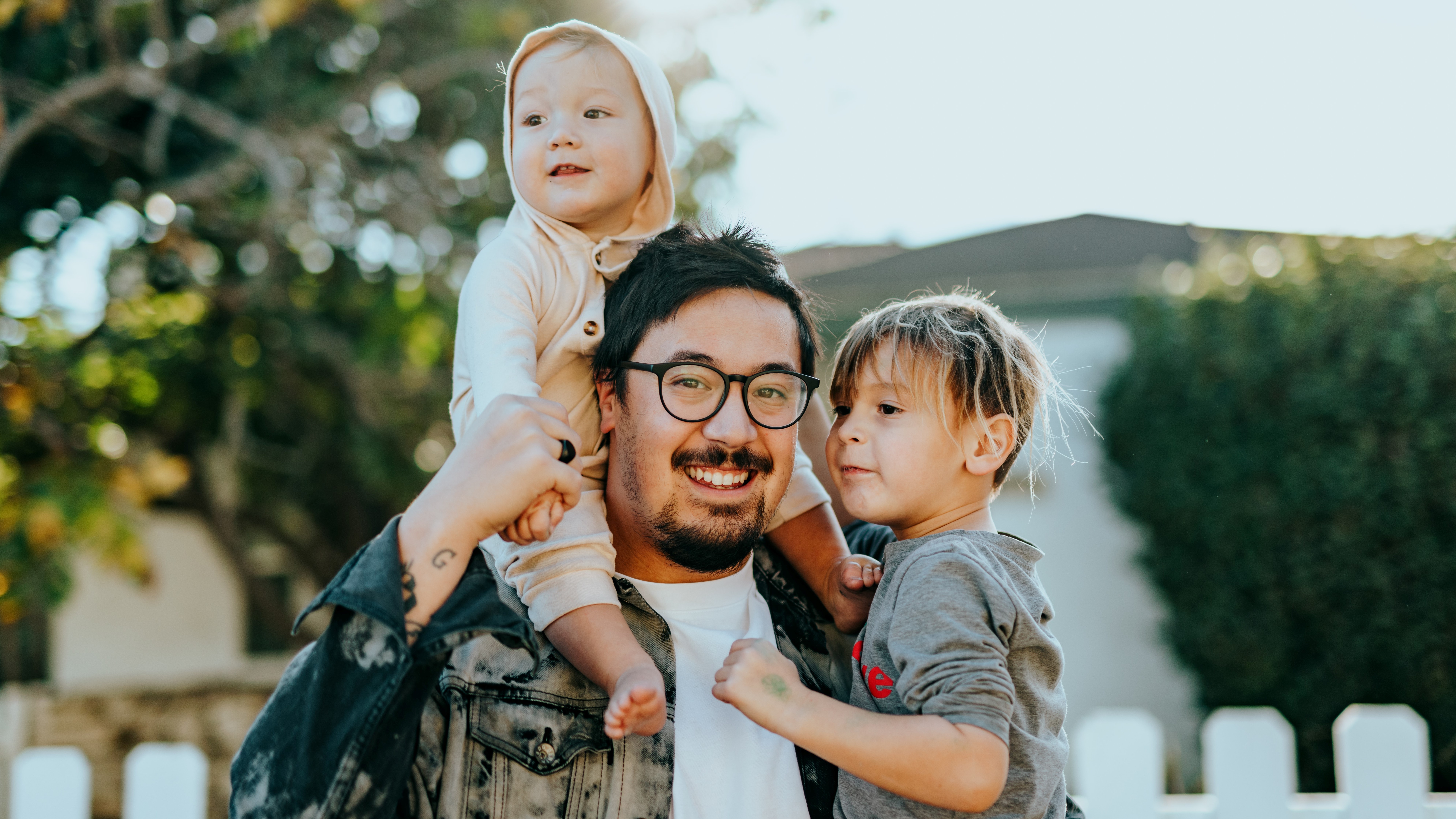Kids know the best way to learn double dutch or how to solve a Rubik’s cube is to watch their peers do it, collect tips and tricks, and then practice the skill themselves. It’s simple: observe, apply, practice, refine.
The same is true in our professional lives when we seek to tackle a complex challenge; there are rich lessons to be learned from our peers that can be applied to make our work more effective. Joining a Community of Practice is one way to tap into our peers’ knowledge.
What is a Community of Practice(CoP)?
Social Learning Researcher Etienne Wenger and Anthropologist Jean Lave coined the term “community of practice” while studying apprenticeship as a learning model. They define a community of practice as “a group of people who share a concern or a passion for something they do, and learn how to do it better as they interact regularly” (Wenger-Traynor, 2018).
There are three key elements to a CoP:
- The domain: members come together based on a shared learning need
- The community: their collective learning becomes a bond among them over time
- The practice: their interactions produce resources that affect their practice
The basic idea is that human learning is – at its core – a fundamentally social act.
Why Join a Community of Practice?
In a nutshell, you’re likely to learn more than you would on your own, and you may form valuable connections with your peers. Hearing from others who are also tackling poverty or deepening the sense of belonging in a community provides insights that can be used to strengthen your own work. CoPs are a platform to share lessons learned on how to overcome challenges and avoid pitfalls, as well as how to establish the necessary conditions for success. They offer opportunities to bounce ideas off of one another, share assets and tools, and chart a path forward for meaningful collaboration.
Communities of Practice at Tamarack Institute
CoPs at Tamarack are small, interactive groups of practitioners who connect monthly or bi-monthly through an online meeting to share their experiences, tools, ideas, and challenges. The sessions are open and relevant to anyone working on a complex social issue. They are structured either as an ongoing gathering of peers working in similar contexts across the country, or as a short-term series of multiple 1-hour sessions over a 1-3 month period, addressing a specific topic.
Tamarack staff takes on the role of group administrator, coordinating the promotion, scheduling, videoconferencing, and facilitation of calls. Our aim is to bolster peer-to-peer learning by shining a light on rich local stories and expertise within the network. No need to fret if you don’t feel like an expert – CoP members welcome questions, comments, new ideas and suggestions from everyone, whether you are just starting to get a sense of the issue, or are leading a mature initiative.
Upcoming
Click here to see a list of current CoPs and to register. Look out for these upcoming Communities of Practice, starting in the Fall of 2018:
- Building Financial Sustainability
- Getting to Impact
- Developing a Community Plan
- Urban Indigenous Poverty
Angie Dedrick, Neighbourhood Development Coordinator for the City of St. Albert, AB, describes her recent involvement in a CoP:
It’s humbling to be asked to share about the St. Albert experience when there are so many others doing great work. I’ve also enjoyed brushing up on some of the ideas and theories behind ABCD (Asset-Based Community Development). As a practitioner I find I work in a people-centred and intuitive ABCD way rather than a theoretical one. Having refreshed myself on the theory has actually helped me put some shape to the next steps for St. Albert. Yay! Thanks for including me.
Take your Learning Further:





